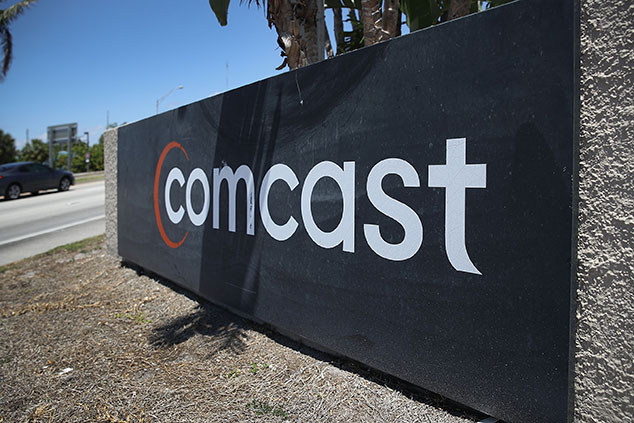
One of the big stories of this year is the recent growth in M&A (mergers and acquisitions) activity. After several years of relatively weak activity, there has been an explosion in mergers over the past six months, especially those involving foreign companies trying to buy their UK counterparts. Some of the most well known bids are Comcast’s proposal to take control of Sky, and Japanese drug giant Takeda’s bid for Shire.
To find out whether this represents a vote of confidence in Britain or a sign that the market has got dangerously overextended, we decided to talk to Sue Noffke, who manages Schroders’ Income Growth Fund.
Many people see increased M&A activity, both in the UK and globally, as a indication of excessive “animal spirits and risk taking”, says Noffke: in both 2000 and 2007 a surge in global M&A activity preceded a market collapse. More generally, M&A can be seen as a sign that the business cycle is reaching its final stages with companies exhausting the growth potential in their existing operations. The fact that many companies are financing these acquisitions through debt is also a worry, because it could leave them exposed in an era of rising interest rates.
Plenty of reasons for boardroom confidence
Still, that there are some very solid reasons for corporate confidence to be strong globally, says Noffke. Not only have the Trump tax cuts boosted the US economy but the eurozone seems to be finally on the mend (despite current worries around Italy), and it looks like the Chinese recession that everyone has been dreading may not happen after all. All these factors should keep the global economy ticking over strongly, helping to justify higher valuations. Some of the mergers are also due to industries consolidating in order to help them deal with the effects of technological change.
Another reason why investors shouldn’t view the recent boom in M&A as a “red warning flag” is that it is “quite well spread across the board”. In Noffke’s view, the big sign that a merger boom has turned into a mania is that manias tend to result in merger activity being concentrated in a few key sectors. For example, the 2000 dotcom bubble was characterised by a large number of telecommunications mergers. Seven years later, banks and financial companies were the preferred targets. Admittedly, media and technology companies are more in demand that other types of firms, but “there is not one hot area that is attracting all the attention”.
UK firms represent particularly good value
Of course, some would argue that the sudden surge in foreign overtures towards British firms, from both global companies and activist investors (who buy stakes in companies with the aim of the turning them around) is the contemporary equivalent of the technology or banking bubbles. Even Noffke concedes that the activity in the first quarter of this year was “at a level that I have not seen before in my career”. While global M&A activity is equivalent to around 3% of global market capitalisation (the value of all listed shares), in the UK it is around 20%.
But this is less a case of executives flinging cash around wildly, says Noffke, more a shrewd recognition that the decline of sterling since the EU referendum two years ago means that British companies are now attractively valued. Even firms in the same sectors are “trading at a discount to their foreign counterparts”. After initially being sceptical about the UK’s prospects, companies around the world are starting to realise that “these opportunities won’t be around forever”.
Giving that value is driving this mini-boom, it makes sense for investors to focus on shares trading at low multiples of earnings. However, investors shouldn’t neglect quality in their pursuit of bargains. In particular, Noffke recommends that you also keep an eye out for companies that dominate their market, as these also tend to be attractive acquisition targets for larger companies. Avoid consumer-orientated retail, especially those exposed to the high street, though even there, some retailers worth are still worth backing. And stay away from commercial property companies, which are “coming under pressure” as people’s buying moves online.